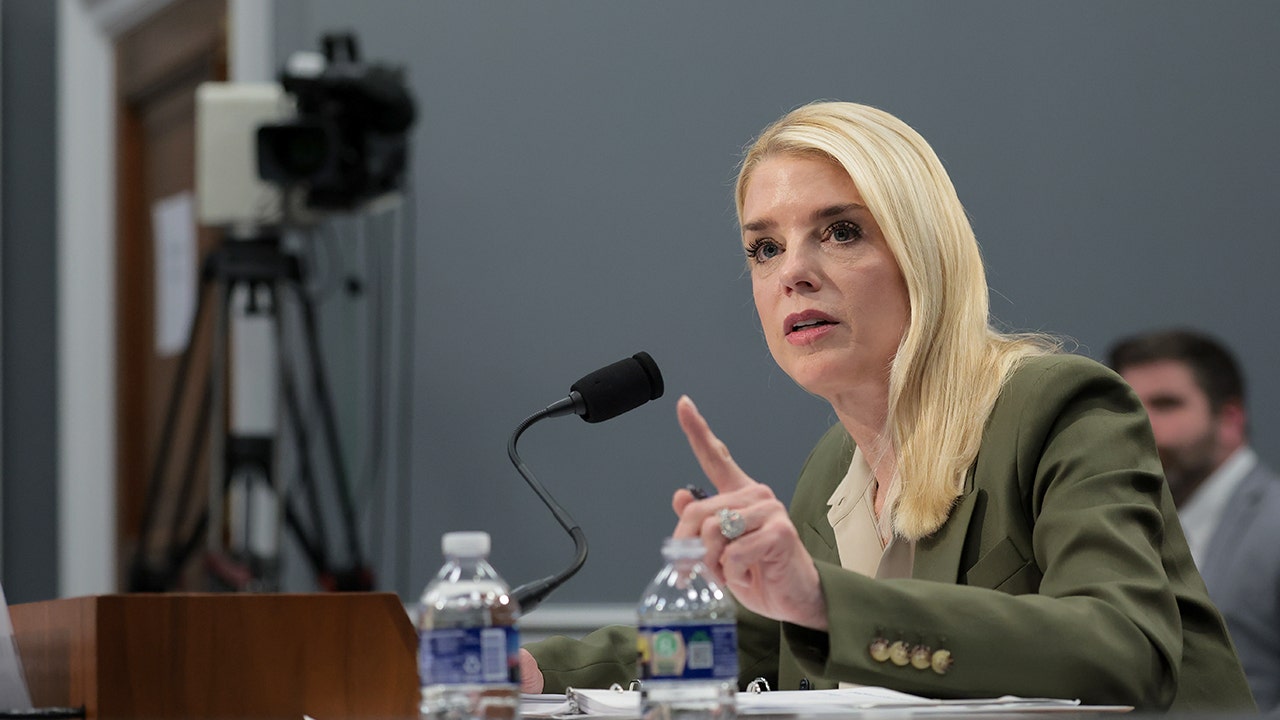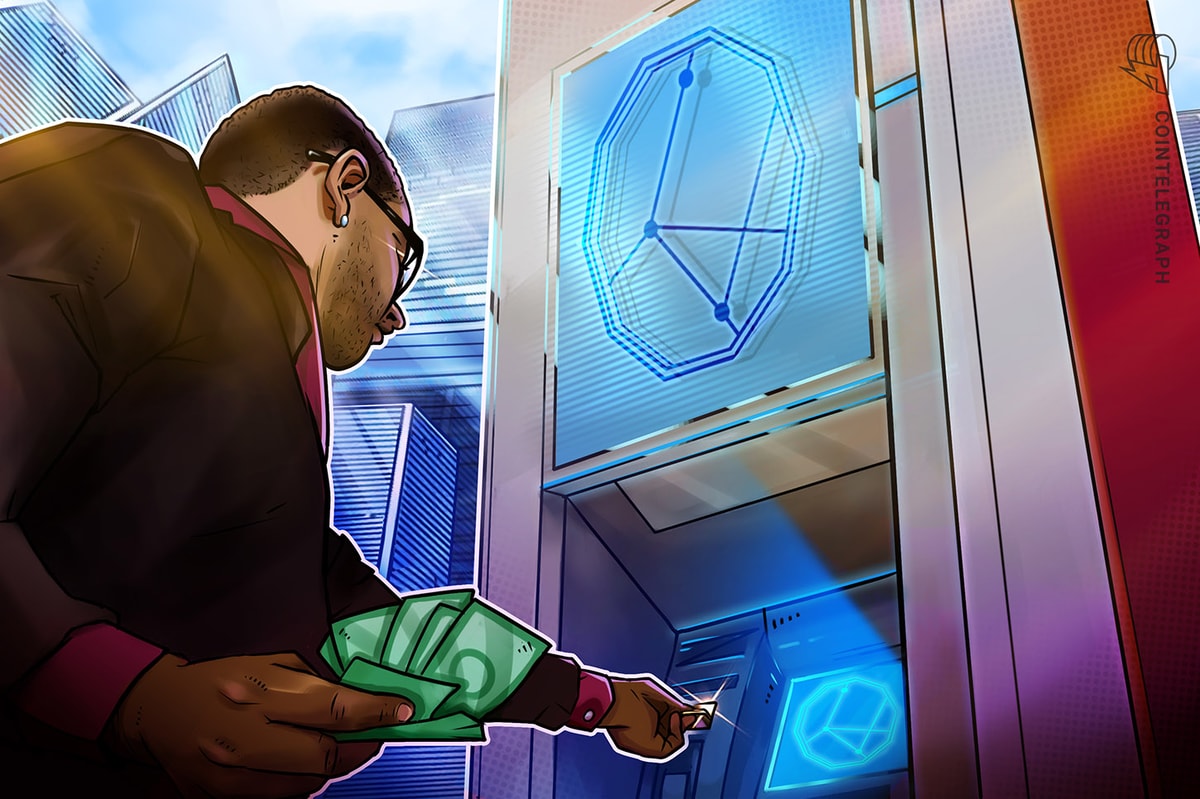With members of the US Senate Banking Committee expected to vote on legislation to address digital asset market structure by the end of the month, one of the bill’s proponents has suggested that the chamber’s version could address fraud through cryptocurrency ATMs.
In a Monday X post, Wyoming Senator Cynthia Lummis said one of the issues she and New York Senator Kirsten Gillibrand “hope to address in market structure” was instances of fraud involving Bitcoin (BTC) ATMs.
She cited a report in which the Cheyenne police department “identified 50 instances of fraud” predominantly affecting seniors through crypto ATMs, totaling “more than $645,000.”
To date, the federal government has not passed a law to specifically address fraud from crypto ATMs and kiosks. The US Federal Bureau of Investigation reported that it had received about 11,000 complaints of fraud cases at crypto kiosks in 2024, resulting in more than $246 million in losses.
Lummis’ statement came as the Senate Banking Committee — where she is a member of the majority party — is expected to vote on a bill to establish clear rules for digital asset regulation and cryptocurrency companies in the US. The Wyoming senator said she hoped for the bill to be signed into law by 2026.
The US House of Representatives passed its version of market structure, the CLARITY Act, in July, but the final text did not appear to mention ATMs, with the possible exception of exchanges developing “automated systems in accordance with industry standards.”
The latest Senate draft bill, released by Republican leadership in September, similarly did not mention crypto kiosks or ATMs.
Related: Crypto ATM limits and bans sweep across US: Here’s why
Many in the cryptocurrency industry have been eyeing Congress for updates on market structure since the House passed the CLARITY Act in July. Last week, members of Congress met with several industry executives to discuss upcoming legislation, including the market structure bill and a bill allowing the US government to hold up to 1 million BTC in a national crypto reserve.
Lummis’ remarks signaled that the Senate’s version of market structure could still be fluid as of Monday. House Republicans already voted to retroactively add a central bank digital currency (CBDC) ban to the CLARITY ACT, but it was unclear what the final text of the Senate bill would be at the time of publication.
Cointelegraph reached out to Lummis’ office for comment, but had not received a response at the time of publication.
Not the first federal law to propose addressing crypto ATM fraud
In February, Illinois Senator Dick Durbin introduced the Crypto ATM Fraud Prevention Act to address what he called an “alarming trend of crypto ATM fraud” in the US. The bill proposed requiring ATM operators “to warn consumers about scams and take reasonable steps to prevent fraud at their machines.”
The bill was referred to the Senate Banking Committee and did not advance for a floor vote.
US states and cities are getting in on it, too
Without comprehensive federal legislation to address crypto ATM fraud, many US state and local governments have passed their own laws.
Cities like Stillwater, Minnesota and Spokane, Washington, banned crypto kiosks and ATMs in response to a surge in scam activities, while the city council in Grosse Pointe Farms, Michigan, preemptively imposed a $1,000 daily transaction limit on crypto kiosks — the area had no crypto ATMs when the rule was passed.
As of August, 13 US state governments have passed laws restricting crypto ATM activities, ranging from daily transaction limits, refunds in the event someone is defrauded, and warnings prominently displayed on the kiosks themselves. Other provisions included registration with state authorities.
Magazine: 7 reasons why Bitcoin mining is a terrible business idea
Read the full article here
















